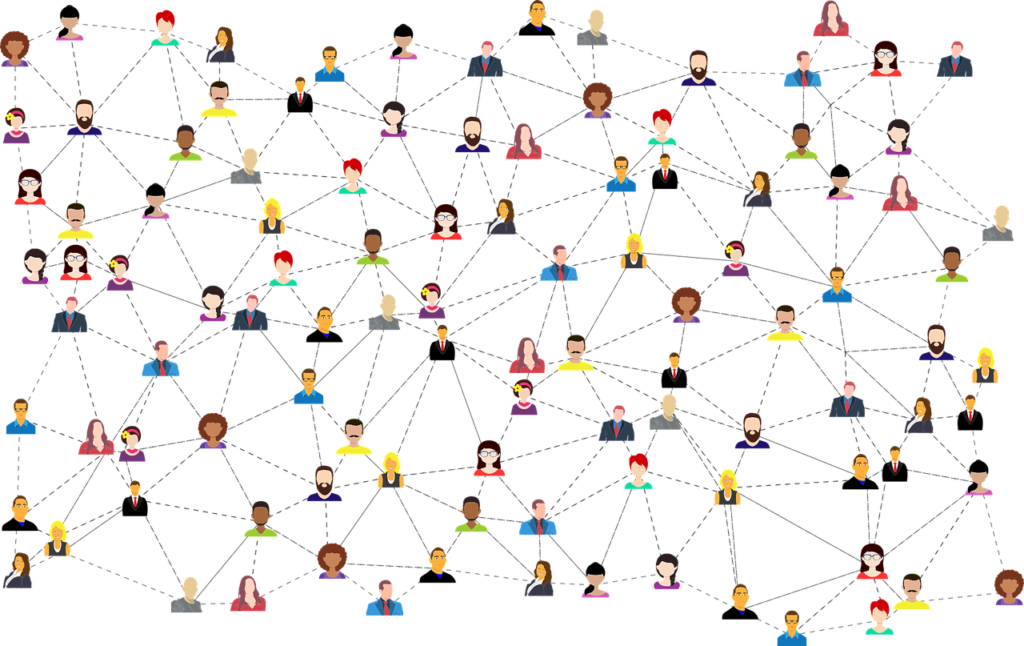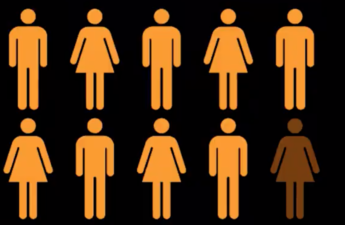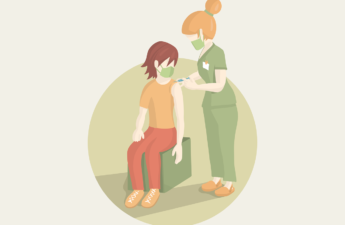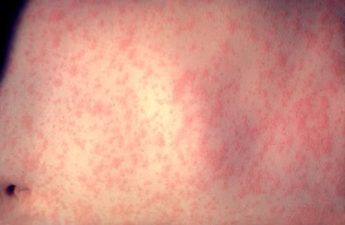
Washington State Department of Health
Contact tracing is how we identify people who may have COVID-19 and not know it and help them avoid spreading it to others. People who might be contagious and not know it are generally close contacts of people who have tested positive for COVID-19.
A close contact is a person who has been within six feet of you for 15 minutes or more.
Contact tracing is a trusted tool of public health. It has been used for centuries to limit the spread of disease. Thorough contact tracing was a major contributor to the World Health Organization’s success in eradicating smallpox. The World Health Organization assembled a huge team of people to do this work all over the world. Teams of volunteers interviewed many, many people to find where an outbreak of smallpox was happening, identify people with smallpox, and vaccinate all the people around them to stop the disease from spreading.
We are using the same trusted tools, boosted with new technologies, to control COVID-19. We don’t have a vaccine for COVID-19 yet, so we isolate or quarantine people who might spread the virus to keep it from spreading. Today, you might get a text or call on your cell phone, which makes our response much quicker than in the past. And the more quickly we can isolate or quarantine folks who might be able to spread COVID-19, the more quickly and completely we can stop the disease from spreading.
Contact tracers ask every person for their date of birth, address, gender at birth, race, ethnicity, and other questions. They will never ask for or write down immigration status, Social Security number, financial information, or marital status. Information collected during interviews is used only by public health agencies. The information is protected in secure systems and individual information is not shared with anyone else. Contact tracers operate under strict confidentiality rules. In fact, when a contact tracer calls you, they won’t even tell you who it was who tested positive for COVID-19 and said you were a close contact of theirs!
If you are a close contact of someone who tested positive for COVID-19, you will be asked to stay home and monitor your health for 14 days. If you stay healthy for 14 days, you can end your quarantine! If you get sick, you’ll get tested for COVID-19. If you are positive, the process starts all over again and YOU get interviewed by a contact tracer to find your close contacts. This step is vital to containing the virus. If an infected contact is missed, the virus may spread to more people.
We know how to beat this, and we have the tools to do it. We just need you to do your part if the health department calls you!
Practice compassion. These are difficult times, and, as a nation, we are having difficult conversations. In your difficult conversations, spend more time listening than talking. And remember, we are all still learning.
More information
Stay tuned to our blog for more information on how you can help stop the spread of COVID-19. Sign up to be notified whenever we post new articles.
Information in this blog changes rapidly. Check the state’s COVID-19 website for up-to-date and reliable info at coronavirus.wa.gov.
Answers to your questions or concerns about COVID-19 in Washington state may be found at our website. You can also contact our call center at
1–800–525–0127. Hours: 6 am-10 pm, seven days a week.
Department of Health call center: 1–800–525–0127, 6 a.m. to 10 p.m, seven days a week
Please check our website for the most up-to-date info on Washington’s response to COVID-19 at www.doh.wa.gov/coronavirus.


